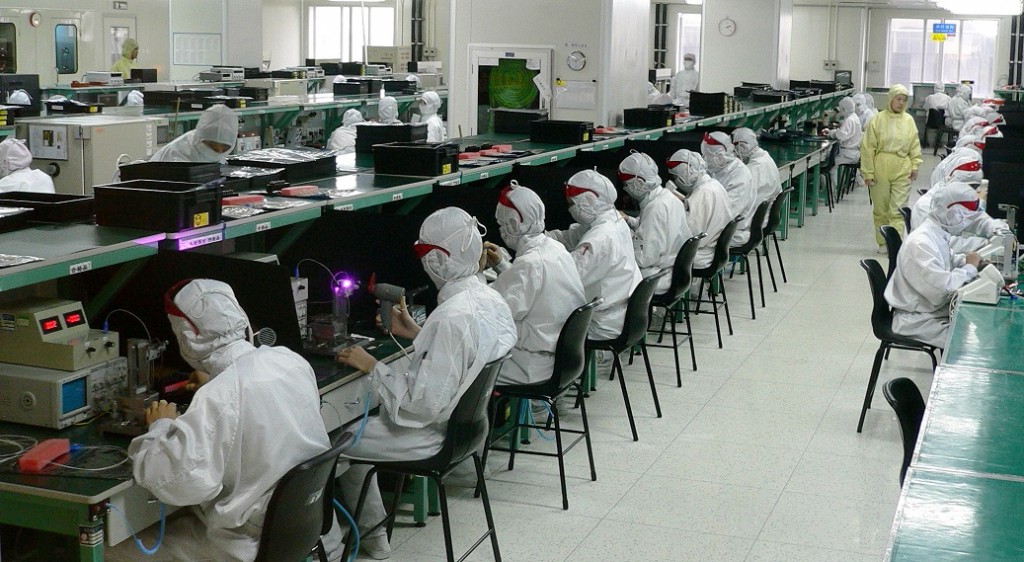On February 25th there was another “mass shooting,” this time in Hesston, Kansas, just down the road from where I live. In this light, I was reminded of some things I wrote after the school shooting in Newtown, Connecticut, and I thought it a good time to revisit the theme of insanity and alienation in our society:
Insanity is understandable. I can, in a sense, walk a certain distance in the shoes of the phobic who fears open spaces…All that I know of the tragedy in Connecticut is that it is entirely incomprehensible. We could call this insanity, but I think we are dealing with something of a different order entirely. Anyone brave enough to make the terrifying attempt at identification with this man will return from the exercise with a brand new horror: this is not some new extreme of evil, this is something altogether alien. There are no marks of humanity on it.
We cannot mourn, shrug our shoulders, and move on. At some point, we have to ask the uncomfortable questions: How could this happen? Why are we the world leader in this particular brand of horror? When we seek answers to such questions we are reaching into the alien darkness, because again the act was not a human one…It is nameless and faceless…it deteriorates our humanity. It is like a process of reverse refinement: it disintegrates the diamond and saves the rough. It acts as a solvent to the human soul.
Because I have spent some time previously here at The Dorothy Option reflecting on the nature of work, and because this shooting took place in a “production environment,” I was reminded in particular of the demonic nature of this kind of work. And when it is a question of demonic work, how could we possibly be surprised when we conjure up demons?
Anyone who has labored on an assembly line for very long knows the numbing monotony of acting as a cog in a machine. Less than a cog, really, because the cog is a part of a whole, while the machine attendant is merely the watcher of the cogs–he is alienated not only from the work, but from the machine doing the work. He is as far removed from the process of creation as possible without ceasing to exist.
Pope Pius XI observed that ‘from the factory dead matter goes out improved, whereas men there are corrupted and degraded.’ Work was ordained for the good of man, but our technique (as men like Jacques Ellul came to call it) has turned the concept of work upside-down. We actively try to minimize the ‘human factor.’ We make it merely mechanical, which makes man a perversion of the creative being that he is. Not everyone works in a factory, of course, but the trend of mechanization is characteristic. Is it not odd that many of us must interrupt our daily labor in order to stretch so that the repetition does not injure us?
Just this morning I was re-reading Thomas Merton’s Raids on the Unspeakable, and chose, by chance, one of his eschatological essays. Since these dark themes were already in the back of my mind, my interpretation was naturally biased, but it seemed that he was speaking directly to the problems I was grappling with:
The time of the end is the time of demons who occupy the heart…so that man himself finds no room for himself in himself. He finds no space to rest in his own heart, not because it is full, but because it is void…In the time of the end there is no longer room for the desire to go on living. The time of the end is the time when men call upon the mountains to fall upon them, because they wish they did not exist.
Why? Because they are part of a proliferation of life that is not fully alive, it is programmed for death. A life that has not been chosen, and can hardly be accepted, has no more room for hope. Yet it must pretend to go on hoping. It is haunted by the demon of emptiness.
And then he closes with a note on pessimism:
Is this pessimism? Is this the unforgivable sin of admitting what everybody really feels? Is it pessimism to diagnose cancer as cancer? Or should one simply go on pretending that everything is getting better every day, because the time of the end is also–for some at any rate–the time of great prosperity? “The Kings of the earth have joined in her idolatry and the traders of the earth have grown rich from her excessive luxury” (Revelations 18:3).
Sometimes I wonder if pessimism–a healthy, honest, invigorating pessimism–is not the only thing that can save a man in the modern world. I mean the kind of pessimism that allows a person to admit to himself that his work is a kind of living hell, that he is lonely, that he is losing his mind, that something isn’t right and something ought to change. Even if nothing changes, at least he remains alive and aware of his reality, and insofar as he remains conscious he retains his humanity, and so long as he retains some shred of humanity, the demons cannot occupy the heart completely.
But if we keep telling ourselves that everything is fine–or is going to be fine if “our guy” wins the election, which is a form of “hope” I have learned to interpret as just another method of avoiding the problem–then we have chosen surrender. And then, eventually, the disintegration of society at large is bound to complete its work in the occasional, unfortunate individual, leaving them utterly thwarted, insecure, confused, and estranged—but of course functional, always functional–on the surface. Like the imagery of Luke 11:25, the inner chamber is “swept clean and put in order,” and then left as such—as a tidy inner void. And the human heart, like nature, abhors a vacuum. If we neglect to fill it with human goodness, it will be filled with something else, not by chance but as a matter of necessity.













